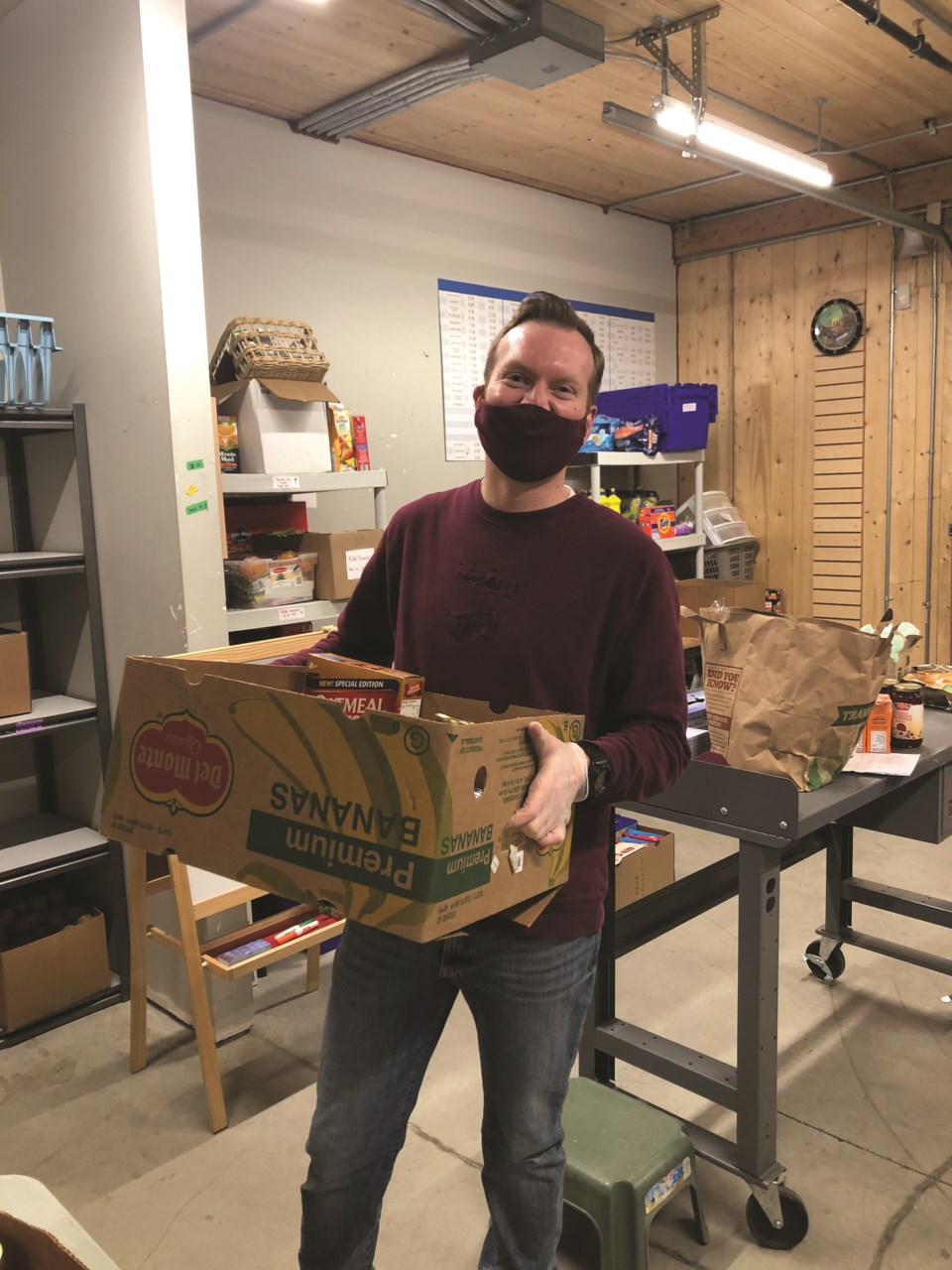As the COVID-19 pandemic drags on, Whistlerites are feeling the strain.
According to the Whistler Community Services Society (WCSS), outreach workers have made 875 connections with community members since the pandemic began in mid-March—and have seen some concerning increases in the number of people who are in crisis.
In February, pre-COVID-19, just 15 per cent of WCSS clients accessing services were “in crisis.” That number rose to 42 per cent in March, and an astounding 57 per cent in April. Numbers have yet to be compiled for May and June.
“I would say it’s the unknowns that people are having trouble dealing with. The uncertainty, and the quick changes of things,” said interim WCSS executive director Lori Pyne.
“Things are changing very quickly and people are having trouble keeping up with that, and that’s what we’re trying to normalize—is that it’s OK to not be OK, because everyone is feeling this way, and it’s important to know that everyone is going through it. I can’t reiterate that enough.”
Since COVID-19 closures on March 16, the Whistler Food Bank has served 3,000 emergency food bags—just three short of the entire total for 2019.
Many locals are accessing its services for the first time.
“Thank you so much. Never had to do this before,” wrote one anonymous user to the WCSS.
“Done lots of donations, personally and with work, but this was a humbling experience and I can not thank WCSS enough for their help. Twelve years in Whistler, trying to start a family. This helps more than you can ever know.”
WCSS outreach workers are doing about 350 connections a month, Pyne said, boosted by the pivot to virtual counselling sessions, which can cut down on waiting times for clients.
People are accessing services for many different reasons, she added.
“We’ve seen a rise in domestic abuse. That’s not a secret … across Canada that’s happened, but we’ve noticed that in our statistics as well,” she said. “The other thing that’s interesting is a lot of people in the past have come to see us because they have concerns around housing, and those numbers have completely dropped, because there’s housing. There’s housing everywhere.
“So now the anxiety is shifting to financial anxiety.”
While the WCSS is open Monday to Saturday, 9 a.m. to 4:30 p.m., Pyne noted that those in crisis situations should contact the BC Crisis Centre 24-Hour Support line (1-866-661-3311), the BC Suicide Support Line (1-800-784-2433) or Vancouver Coastal Health.
In the view of Whistler Councillor Jen Ford, who sits on the WCSS board with Coun. Cathy Jewett, the organization has done “an amazing job” throughout the pandemic.
“Oh boy have they ever come to the table in ways that we could never have expected,” Ford said.
“They were nimble, and they moved programming around to make it work for the community … they did it so quickly, with such professionalism, and with the community really in the centre of everything that they did.”
Despite the stress of a global pandemic, and record numbers of people accessing services, the WCSS team “is holding up really well,” Pyne said, and services that were previously suspended have now been restored.
Fundraising efforts have been successful as well, she added.
“We’re really honoured to be part of this community. Everyone has really stepped up,” Pyne said. “It’s been really, really amazing.”
That being said, the WCSS is still looking for monetary donations, which afford it more buying power for the Food Bank, and can be directed towards necessary programming.
“We’re still looking for donations because of the uncertainty of the future, but we are prepared at this time to move forward and continue to serve our community,” Pyne said.
“We are well positioned.”
Find more info or make a donation at mywcss.org.
Meanwhile, the Whistler Centre for Sustainability is working on a research project to make better use of food in the Sea to Sky corridor thanks to a provincial poverty reduction grant.
“It’s a research project to really identify and understand what is the excess food that’s being created, where is it coming from, where is it going, what’s the need and demand now, and maybe in the anticipated future, what are the needs and demands for food programs,” said executive director Cheeying Ho.
“How can the food that’s being generated be distributed through the region better, and help build the capacity of the existing organizations that are trying to deal with food distribution?”
The $75,000 grant will help fund engagement with farmers, restaurants, grocers and other stakeholders in the corridor, as well as assessment of the current reality and strategies for the future.
“It will benefit the service providers for sure, the food banks, etc., because they can be at capacity at times,” Ho said.
“They’re really stretched, and they just don’t have the infrastructure and services to be able to do more.”




